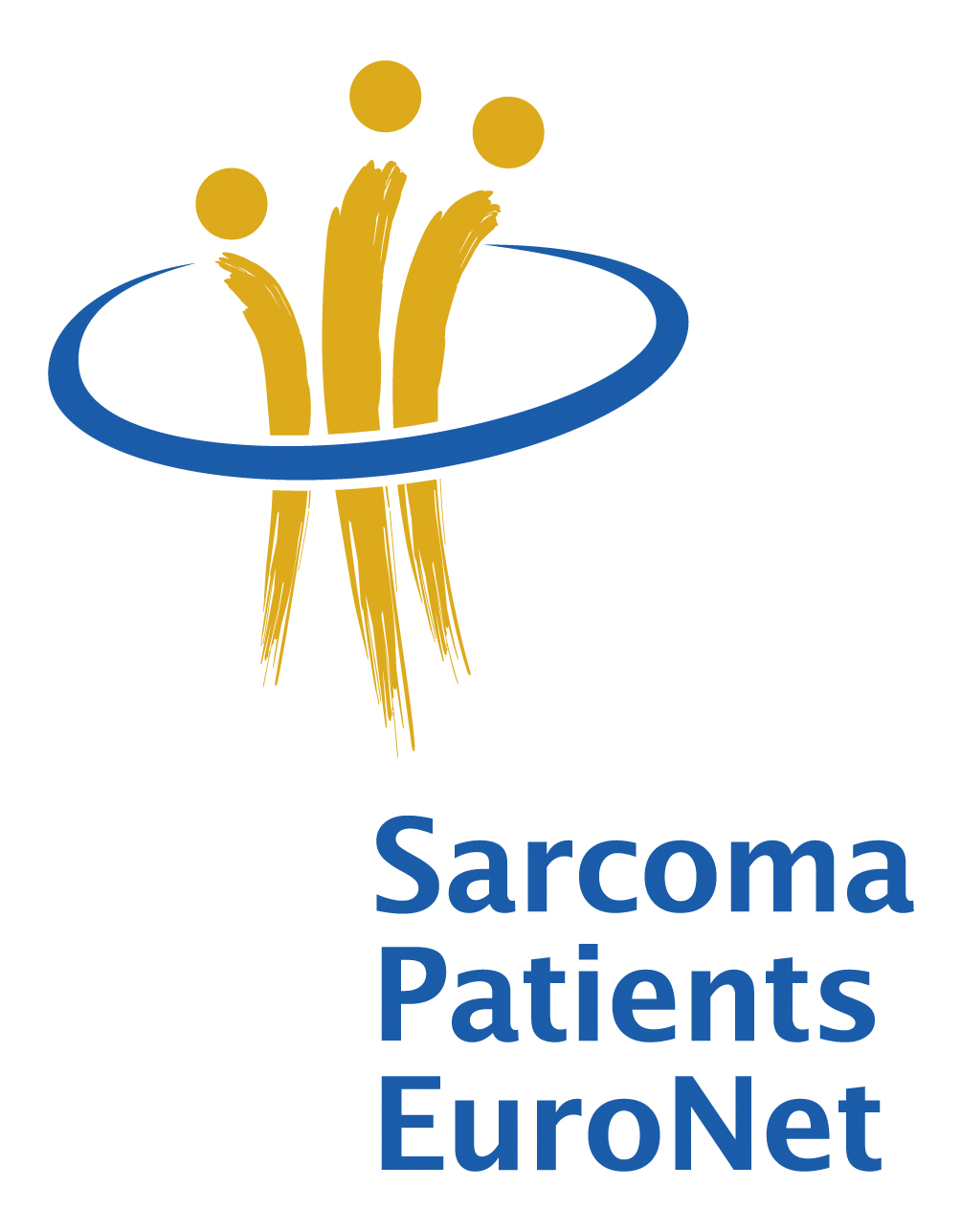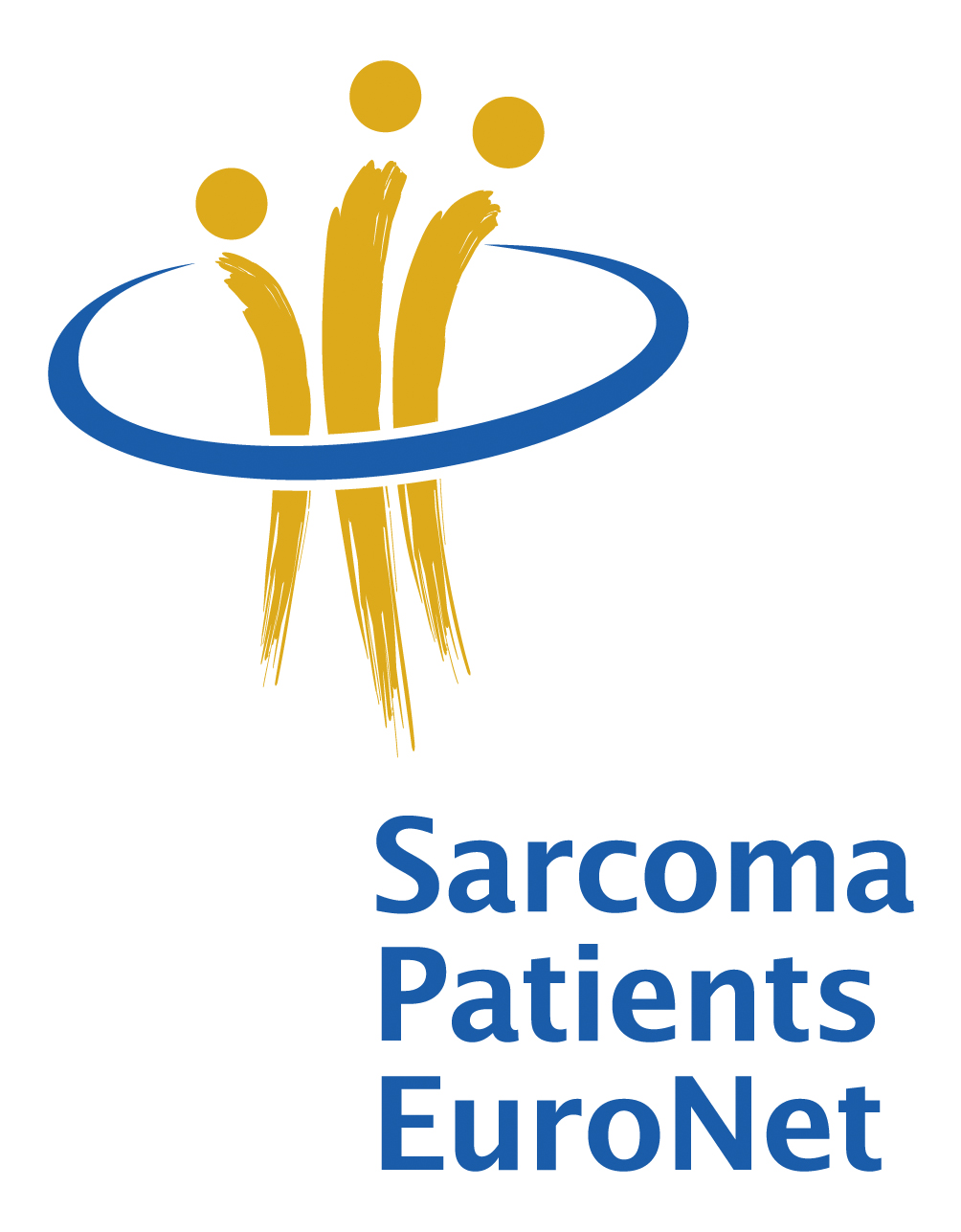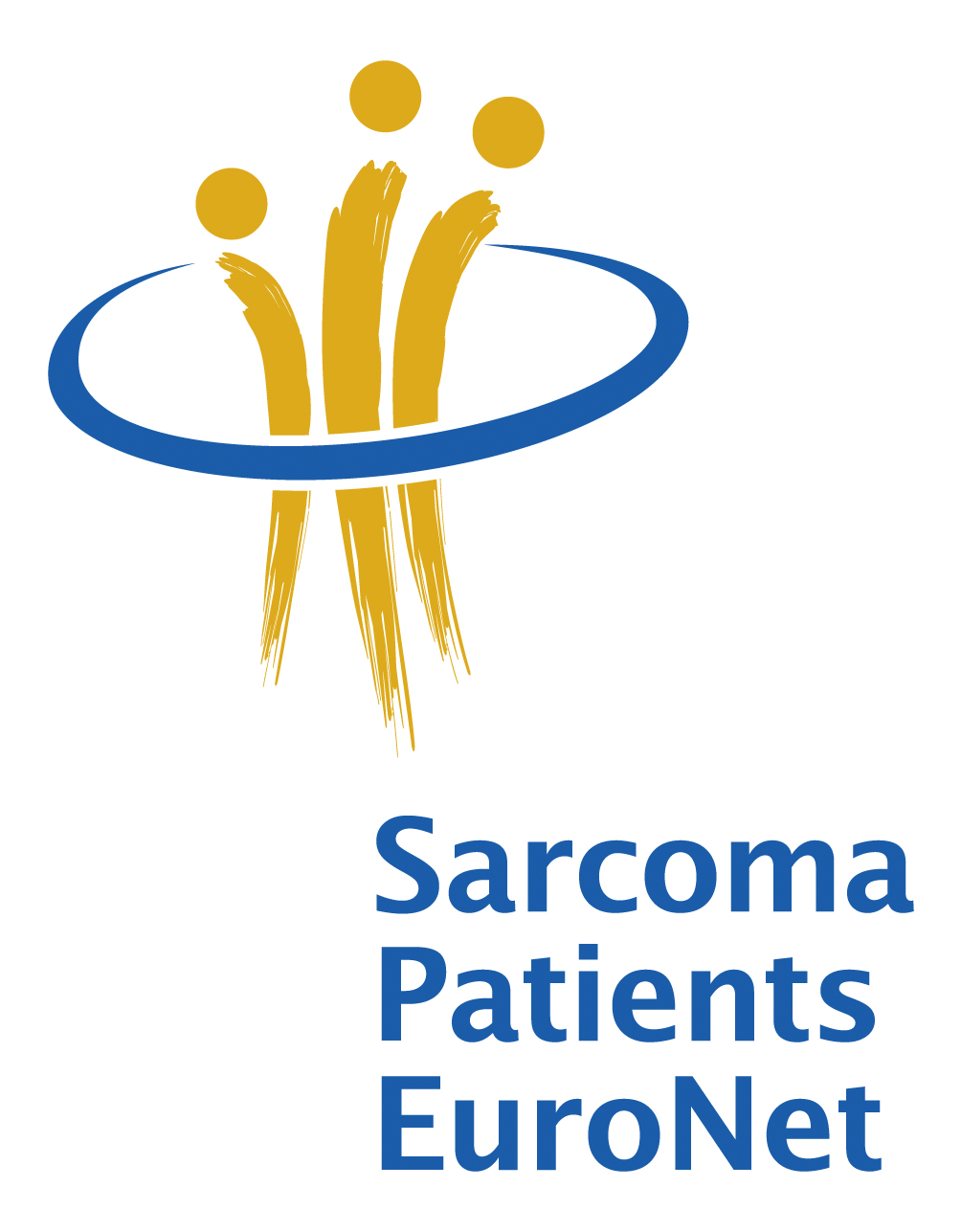 Bone sarcomas are a diverse and hard to treat group of rare cancers. People with bone sarcomas (or primary bone cancer) have high unmet medical needs, and face a range of challenges including delays to diagnosis, disparities in access to treatments and a relative lack of clinical trial and research opportunities.
Bone sarcomas are a diverse and hard to treat group of rare cancers. People with bone sarcomas (or primary bone cancer) have high unmet medical needs, and face a range of challenges including delays to diagnosis, disparities in access to treatments and a relative lack of clinical trial and research opportunities.
Take part in the first ever global survey on bone sarcomas - make your voice heard!
The patients and parents group in the FOSTER (Fight OSteosarcoma Through European Research) consortium are undertaking the first ever global survey for bone sarcoma patients. We want to know what your experiences have been and where your priorities lie in terms of the research agenda.
This survey is open to all bone sarcoma patients or survivors (regardless of type), to all carers of bone sarcoma patients and to patient representatives in the field of bone sarcomas. No matter where you live on the globe we would like to hear from and about you!
What is the aim?
This survey will help us to identify where the disparities lie, shine a light on differences between bone sarcoma sub-types and variations across ages.We want to gauge the experiences of patients and parents and help direct attention to those research priorities.
To the surveys!
It is important to us what you think: Your experience with this disease will help us understand where and which research is needed to make a difference to people’s lives.
Our survey is available in different languages:
|
About FOSTER (Fight OSteosarcoma Through European Research) This consortium aims at improving outcomes of patients with osteosarcoma. It brings together oncologists, researchers, radiologists, patients, parents and others to work together across 20 countries. |





